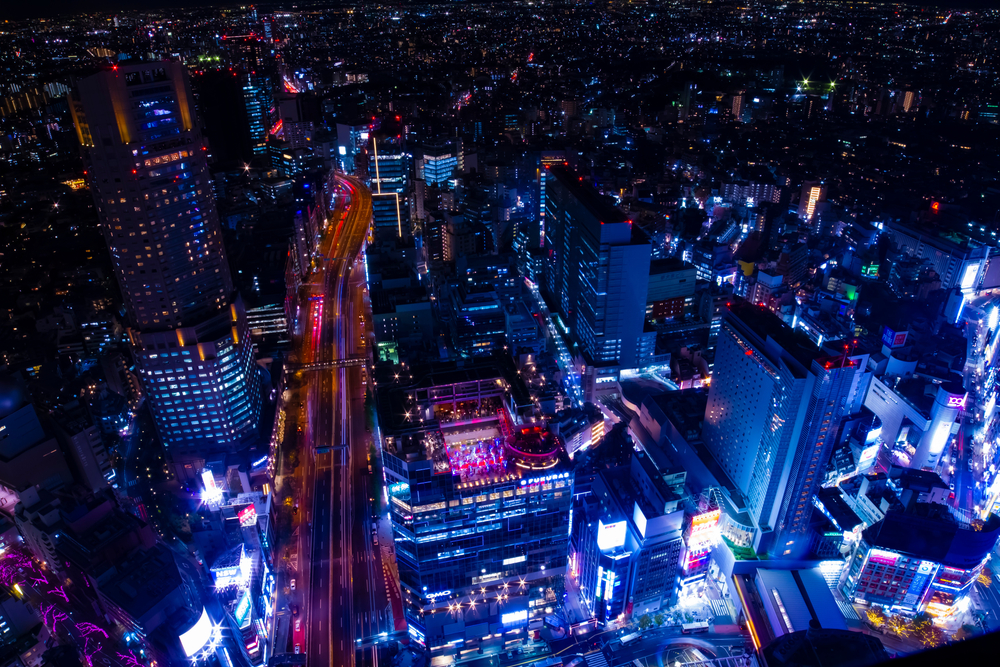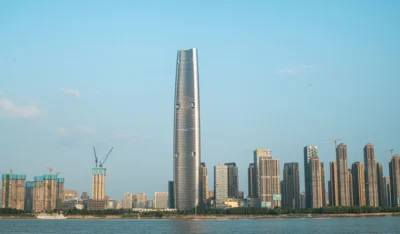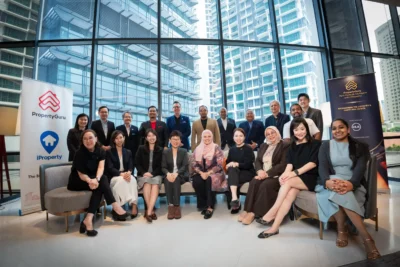Japan’s move toward greener data centres
Japan will be using JPY2 trillion (USD17 billion) to develop more sustainable and efficient data centres

A study conducted by Fact.MR revealed that the global data centre market is to be valued at USD77 billion this year. Revenue is forecasted to grow at a high CAGR of 13.8 percent, reaching USD279 billion by 2032.
Japan will be using JPY2 trillion (USD17 billion) to develop more sustainable and efficient data centres, according to Data Centre Dynamics.
Japan’s New Energy and Industrial Technology Development Organization (NEDO), through its Green Innovation Fund, aims to work on tech that will have energy savings of more than 40 percent compared to current data centres. These will include optoelectronics technology, power-saving CPUs, and cheaper silicon carbide semiconductors.
The “Building Next-Generation Digital Infrastructure” project, part of the country’s goal to be carbon neutral by 2050, as well as supporting investments in energy and industrial sectors, aims to develop silicon carbide (SiC) semiconductors and SiC wafer manufacturing, reducing their costs and bringing them closer to traditional silicon semiconductor prices.
NEC, AIO Core, Kioxia, and Kyocera are among the companies chosen to assist with the project’s development. Fujitsu will be at the forefront in the conceptualisation, design, and manufacturing of low-power CPUs and photonics smart NIC, which Fujitsu Optical Components will help develop.
More: This year’s Asia Pacific data centre market at a glance
“We are excited to take on the challenge of developing leading-edge technologies for energy efficient CPUs (code name: “FUJITSU-MONAKA (tentative name)”) and photonics smart NIC as part of our work with NEDO. Fujitsu will harness this technology to deliver robust, yet environmentally-sustainable digital infrastructure that takes full advantage of Fujitsu’s strengths in areas like computing and network technologies. I am confident that our work on this initiative will help demonstrate Japan’s technological capabilities, and show how Fujitsu can lead the way globally in innovation that contributes to the realisation of a carbon-neutral and sustainable society,” says Vivek Mahajan, CEO and CTO, Fujitsu Ltd.
NEC Corporation will prioritise the development of low-power consumption accelerators and disaggregation technologies. AIO Core Corporation will work on photoelectric fusion devices. Kioxia will lead the production of Wideband SSDs. Kyocera will deal with photonics smart NICs.
The Property Report editors wrote this article. For more information, email: [email protected].
Recommended
6 developments driving Asia’s green real estate shift
Developers are being incentivised to push a green agenda into daring new realms
The Philippines’ LIMA Estate drives sustainable industrial growth
LIMA Estate models a citywide vision that uplifts workers while appealing to climate-conscious employers
Malaysia property market rebounds with foreign interest and growth
The nation’s property market is stirring to life, fuelled by foreign buyers and major infrastructure drives
China’s renewable energy surge redefines housing norms and development
From exporting solar panels to building entire green-powered neighbourhoods, China’s renewable surge is redefining housing norms







